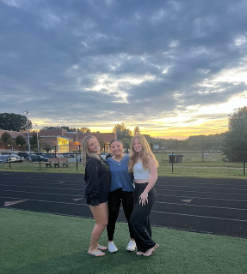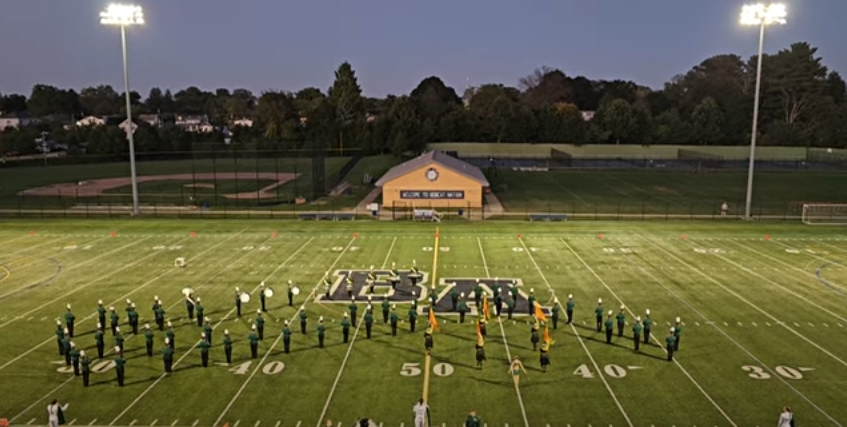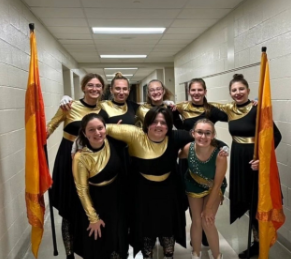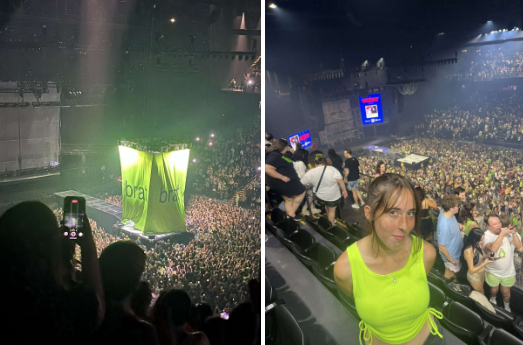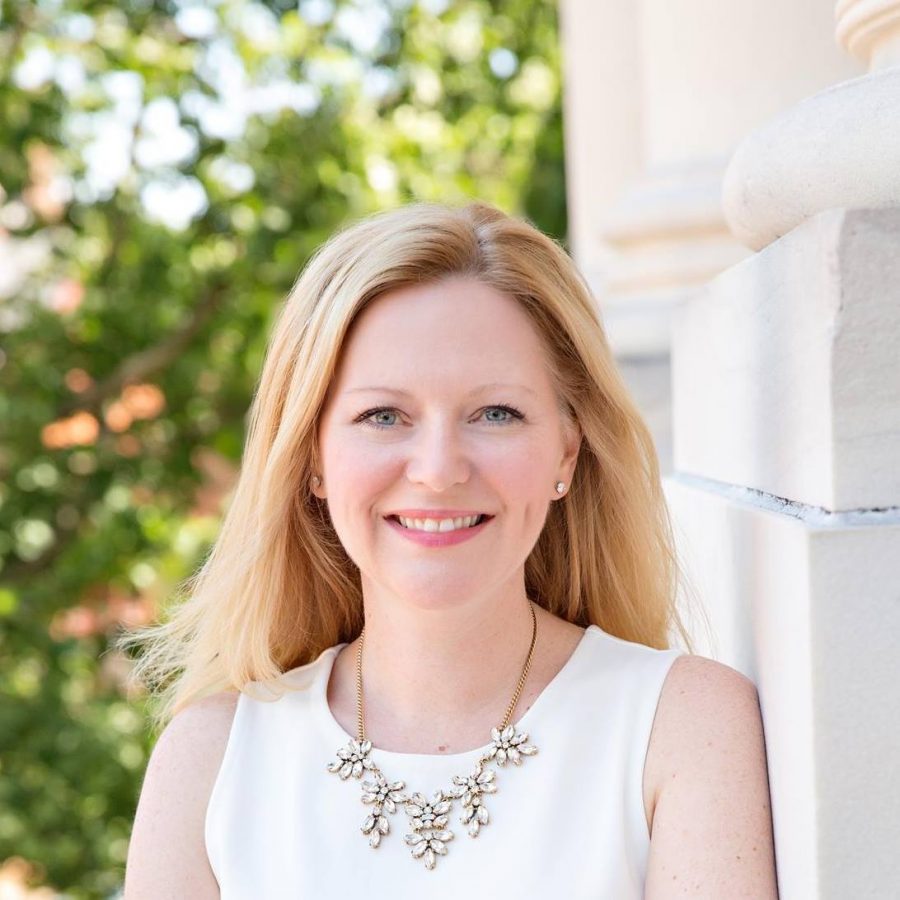NH alumna works as political science professor; Offers insight on Gen Z politics
November 17, 2020
Melissa Deckman graduated from North Harford in 1989, and since then has gone on to become an endowed political science professor at Washington College (WAC) in Chestertown, Maryland.
Deckman is the Louis L. Goldstein professor at the private Liberal Arts college. She explains that Goldstein was the comptroller of Maryland before his passing and that “he was a legend in Maryland politics.” The reason she has this title is that after his passing, the Goldstein family established a program at WAC called the Goldstein Program of Public Affairs. “They left a pot of money there to essentially pay for things like speakers to come to campus or students to do internships,” the professor explained.
Within political science, Deckman has certain areas in which she specializes. “I am what you would call an Americanist,” she says, “so I study American politics. And within that I am what political scientists would call a political behaviorist. I am interested in understanding why people make the political choices they do.”
Some of the ideas Deckman researches include how gender influences how people vote, or how religion shapes people’s attitudes about public policy.
WAC is a liberal arts school so the professor explains that one of the things she likes about being there is that she teaches a variety of courses, including state and local politics, a methods course (“a chance for students to learn how to do their own data analysis”), women and politics, religion and politics in the US, and American government.
“I love women and politics,” Deckman began, “that’s an area I publish a lot in.” She also added that her “first research was about religion and politics” so those two courses are her favorites to teach, as well as her areas of specialty. The political scientist adds that she is currently working on a book about Generation Z, so age would also be a specialty of hers.
Deckman began to elaborate on her book saying, “I noticed a couple years ago that data came out about political engagement and we’re finding that young women were far more likely to be engaged in politics than young men. And so I thought that was really interesting because historically that’s not typically the case. So the book I’m writing is about trying to understand why it is we see young women really surging politically and what it means for the political future.”
She also describes the research process behind her book. “I was on sabbatical last spring which means I had a semester off for research. So last spring I conducted focus groups around the country of young people. I conducted two national surveys of Americans aged 18-24, and I’ve been doing some interviews more recently one-on-one with what I call young female entrepreneurs-women who founded their own political organization.”
Currently, she’s in the process of finishing the manuscript right now, and is hoping to publish by next summer.
Deckman goes on to explain why she’s so passionate about American politics. “I’ve always been fascinated, even as a young person… by civic engagement and politics.” She adds “Apart from being a social scientist, as a citizen I care desperately about these things.” The professor also describes “As a mother I worry about the state of the planet, I worry about the state of our democracy, I worry about gun violence. There’s lots of things I worry about that need large scale government responses to deal with.”
Another one of Deckman’s biggest worries as a political scientist is how polarized we are as a nation. “What we began to see in the last couple decades is that members of congress have become more polarized theologically. The republican party has become more conservative, the democratic party more left of center.”
She explains that “It’s exacerbated by, [she] think[s], social media where people are following, liking, and only talking to other people with similar viewpoints and [she doesn’t] think that’s healthy for society.”
Not including the book she’s currently working on, Deckman has over 50 other publications including books, peer-reviewed journals, book chapters, invited works, encyclopedia entries, and book reviews. She has also published more than 20 sample opinion and shorter pieces.
The social scientist encourages students and the younger generation to be involved in politics because “Unfortunately, my generation and older generations have left you with some serious problems.” She adds “I think that younger people need to realize that they’re going to have to play a bigger role and deal with it.”
Since her book focuses on Gen Z, she goes on to talk about trends she’s noticed in younger people. One of those being “[Gen Z has] come of age politically during, for example, a rash of school shootings, and so that’s the reality that you grew up with, you were socialized into thinking about it.”
She also speaks about voter turnout saying “Older Gen Z turned out at higher rates than younger millennials. So, I think there’s something about this generation.”
One thing she brought up was voter priorities, “Your group collectively is coming of age during a pandemic, during a civil rights movement- reemergence with Black Lives Matter, with school shootings, with climate change activism, so I think these are the priorities you guys will have.”
Deckman urges Gen Z to care about politics, saying “There is every reason for you guys to be involved. If you want to live in a better world and have a better standard of living, and be healthier and have better outcomes on many measures, it’s incumbent on you guys to do it.”
